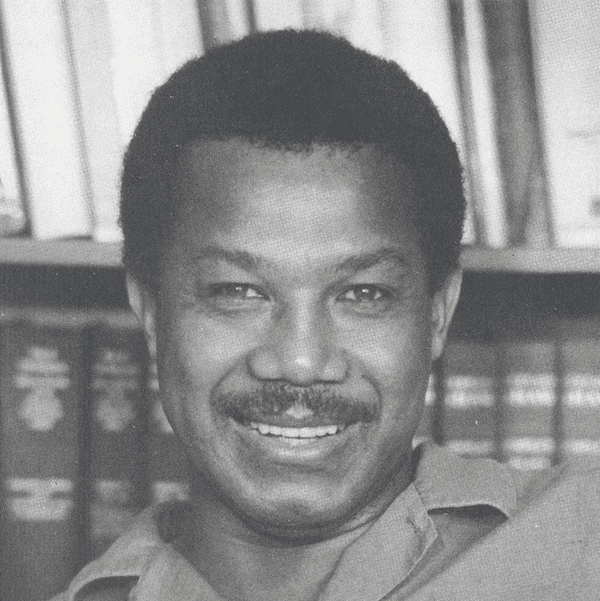From Why Become a Historian? (1996)
University of Chicago
My decision to become a historian came quite late. As a child I sat under a big tree on lazy summer afternoons while my grandmother shelled peas and recollected colorful stories about wondrous events in our corner of southside Virginia. Later, I had been spellbound while Mr. Hinnant, my high school teacher, brought to life the African general Hannibal crossing the Alps to defeat Rome’s finest legions. But it had never occurred to me at the time, nor for a long time thereafter, that I should teach or write history, that I should or could be a professional historian.
Coming of age in the era of Sputnik and the challenge to explore the frontiers of science and entering college at the height of the civil rights movement, I continued to think that my life’s work should be focused more on the present and the future than on the past. In fact, not until I entered graduate school did I decide both to be a university teacher and to study specifically the history of the African American experience. Even then, it may be stretching a point to say I “decided.” The word seems much too definitive and the active voice may not be appropriate. In some ways events decided the matter for me.
I entered graduate school in the fall of 1968, the annus mirabilis, “the year of wonders,” of the 20th century. It was a year in which the world seemed on the threshold of a global revolution for human rights, even as it mourned the assassinations of Martin Luther King Jr. and Robert Kennedy. Until that moment my academic career had included the study of science, engineering, and literature; I had taken a master’s degree in English literature; I had written a thesis on Shakespeare’s plays.
By 1968 I had been working for two years in federal antipoverty programs, trying to change the living and working conditions of migrant and seasonal farmworkers. But ironically, that work experience impressed upon me the difficulties involved in trying to change the present and build a future world, when we did not sufficiently understand the past. By then the excitement and relevance of science and engineering had faded; literature and drama were still pleasurable but appeared increasingly remote from direct engagement with the social issues of that time; the support of direct action programs remained important but seemed to me somehow inadequate to the larger task of building a just future. For example, one of the programs I was with intended to retrain migrant and seasonal farmworkers and encourage them to model their families according to middle-class patterns. But the longer I studied that project, the more it seemed to me that it (and others like it) was missing something important about the heritage and lived experience of the people we were working with.
These frustrations sent me back to graduate school with a newly discovered intuition that there might be something in the stories of the past relevant to understanding the present and to envisioning the future. In some ways, then, history became a kind of middle ground for me, an activity that combined the craft of writing and storytelling with the disciplined attempt to analyze and understand the human experience. It is also a profession that includes forms of labor that are both solitary and collective. And it enables me to work on the past but address the present and the future. My particular hope is that in studying and writing about the history of race and racial phenomena generally, and about the African American experience especially, I will learn and be able to teach something important not only about the world I came from but for the world I would like to see created.
Related Resources

January 11, 2026
AHA Policy on Proper Form of Motions and Resolutions

January 1, 2026
Choosing a Career Pathway

January 1, 2026
